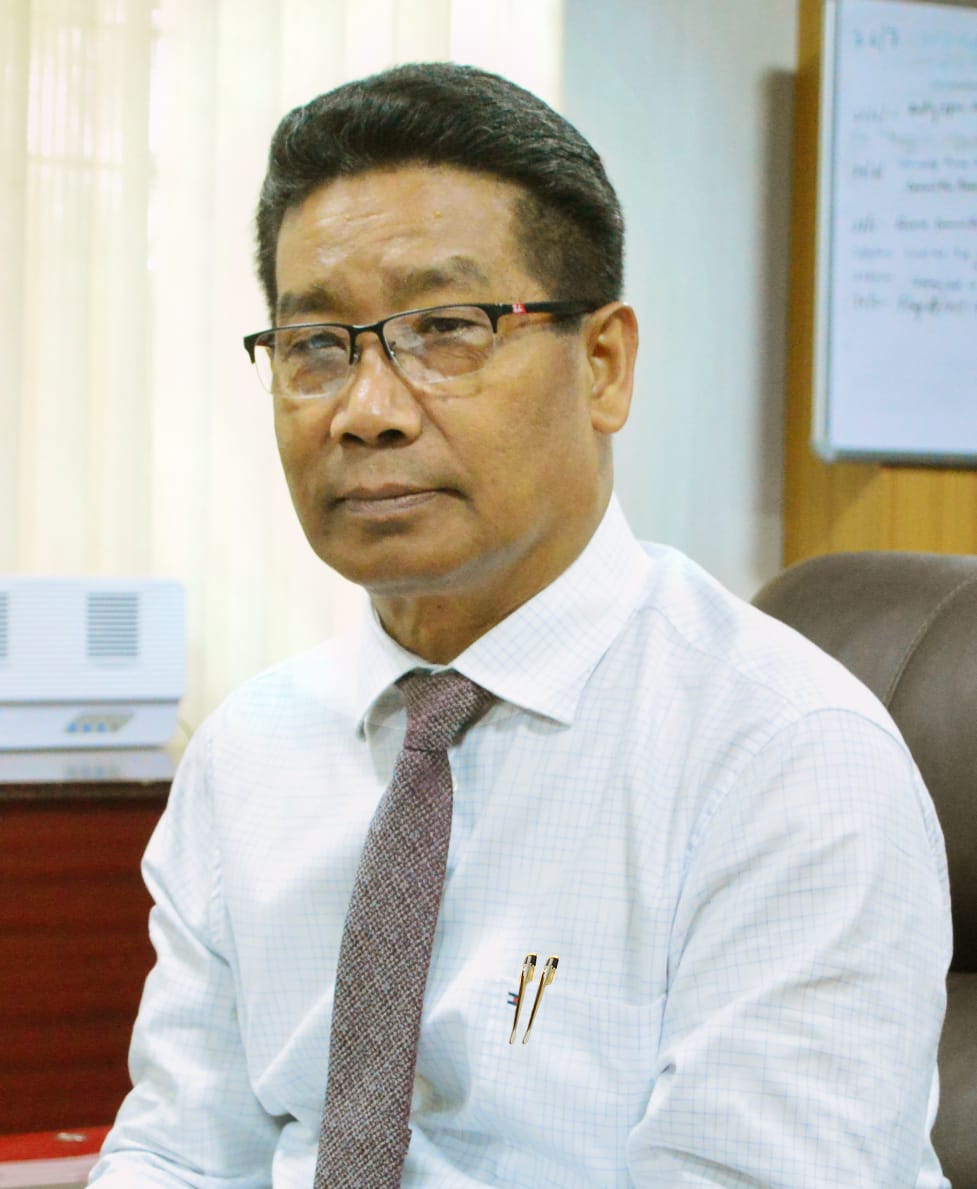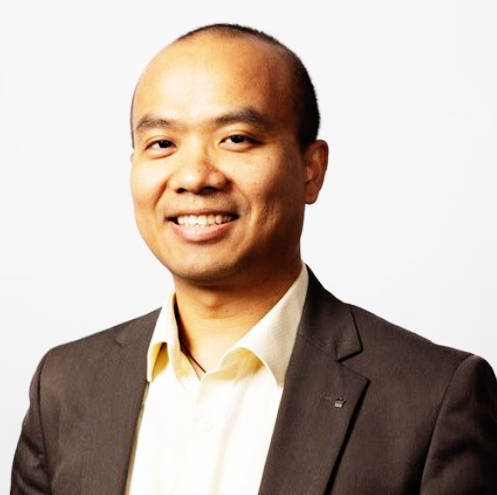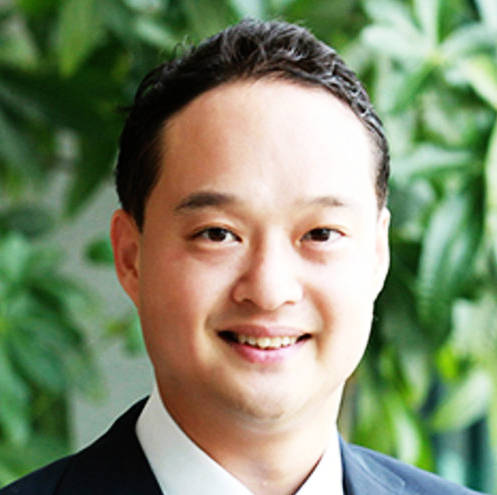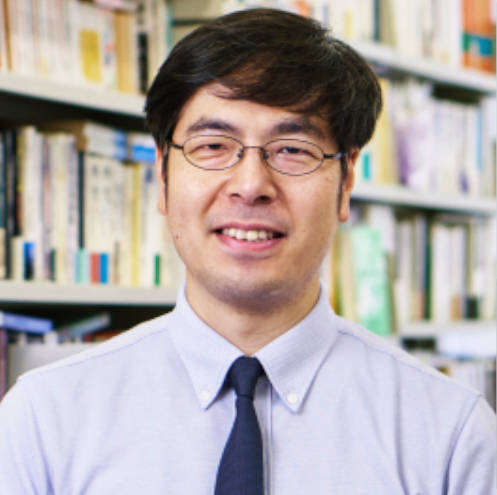The Group of Twenty or G20 is an intergovernmental forum of the world’s largest and most advanced economies to address issues related to global economy, climate change, and sustainable development.
Under the G20 summit, various seminars are organized for different engagement groups or stakeholders: business leaders (B20), trade union and labour leaders (L20), civil society delegates (C20), academics and civil society delegates (S20), think tanks (T20), cities (U20), women (W20), and young leaders (Y20) from the G20 members.
India is assuming the G20 Presidency this year 2023 under the true spirit of ‘Vasudhaiva Kutumbakam’ or the ‘World is One Family’.
Members of G20:
- Argentina
- Australia
- Brazil
- Canada
- China
- France
- Germany
- India
- Indonesia
- Italy
- Japan
- Mexico
- Republic of Korea
- Russia
- Saudi Arabia
- South Africa
- Turkiye
- United Kingdom
- United States of America
- European Union
WHERE
AUDITORIUM, MANIPUR UNIVERSITY, MANIPUR, INDIA
About Y20
The Y20 is the official youth engagement group for youth from G20 members. Y20 promotes youth as future leaders to raise awareness of global issues, dialogue with each other, and reach consensus.
Manipur University is proud to host a one day seminar under the theme “Shared Future: Youth in Democracy and Governance” on 4th May 2023.
There will be 4 invited international speakers from G20 members. In addition, 25 youth delegates from G20 members and 25 from within India will also be attending. The targeted audience are academicians, scholars, students and youths.
WHEN
THURSDAY, 4 MAY 2023
Y20 2023 ISSUES
The goal of Y20 India Seminar in 2023 is to exemplify India’s youth-centric efforts and provide an opportunity to showcase its values and policy measures so that India's leadership of this seminar can stand out among the youth cohort. The themes selected for the seminar will showcase Indian leadership on these issues to both global and domestic audiences and help fulfil India’s vision of making the G20 Summit truly participative in nature.
BACKGROUND
The focus on youth, in terms of their engagement in the political arena, is a relatively new priority but extremely timely, particularly in light of recent events and democratic transitions in the country. In order to respond to the needs of young people, and to guarantee that their basic human rights are recognized and enforced, young people’s active and meaningful participation in their societies and in democratic practices and processes, is of crucial importance. Tailored efforts to inform and communicate with youth are needed to promote an open government culture and include youth as active actors in open government strategies and initiatives. India has recognized the need for participatory structures and greater trust between youth and institutions for greater capacity development. India understands the importance of voicing the democratic opinions of the most vulnerable groups, and various government as well as civil society initiatives are flourishing with an aim to build political engagement and leadership among young people.
Understanding how young people use technology and reflect their use of traditional and new media into tailored communication strategies has played a central role for the Indian government to efficiently inform, communicate and engage with the youth. Technology and in particular social media has become an important part in young people’s everyday life. Consequently, India’s digital transformation under the ‘Digital India’ initiative has propelled the youth engagement in democracy and governance with its pillars and visions focusing on e-Governance. India also depicts an exemplary example of the convergence of democracy and youth through its student-centric organisations. It is therefore, safe to say that India’s belief of the role of youth in democracy and governance is explicit of the creative force and a dynamic source of innovation, catalyzing important changes in political systems.
As an incredibly young country, India presents models for dynamic leadership offered by youth across a whole range of organisational and institutional diversity. This theme provides an opportunity to evolve a shared understanding of how young people across the world can become shared partners in transformative agendas of politics and governance.
ORGANIZING COMMITTEE

Prof. N. Lokendra Singh
Hon'ble Vice-Chancellor, Manipur University.
Prof. R. K. Hemakumar Singh
Dean, School of Engineering, Manipur University.
Prof. W. Chandbabu Singh
Registrar, Manipur University.
Dr. Ksh. Birla Singh, Associate Professor,
Dept. of Zoology, Manipur University.
Dr. Francis A. S. Chipem, Assistant Professor,
Dept. of Chemistry, Manipur University
Shri. M. H. Khan, IAS,
Addl. Chief Secretary, Govt. of Manipur.
Shri Bobby Waikhom, IAS,
Commissioner & Secretary to the Governor of Manipur.
Prof. E. Bijoykumar Singh,
Dept. of Economics, MU.
Prof. S. Mangi Singh
School of Social Sciences, MU.
Prof. T. Inaobi Singh,
Dean, School of Education, MU.
Prof. N. Aruna Devi,
Dean, School of Humanities, MU.
Prof. G. K. N. Chhetry,
Dean, School of Agricultural Sciences, MU.
Prof. S. Ibotombi Singh,
Dean, School of Human & Environmental Sciences, MU.
Prof. R. Varatharajan FRES,
Dean, School of Life Sciences, MU.
Dr. H. Priyoshakhi Devi,
Dean, School of Medical Sciences, MU.
Prof. S. Dorendrajit Singh,
Dean, School of Mathematical and Physical Sciences, MU.
Prof. K. Yugindro Singh,
Dept. of Physics, MU.
Prof. S. Jibonkumar Singh,
Dept. of Anthropology, MU.
Prof. Th. Purnima Devi,
Dept. of Lib. & Info Sciences, MU.
Prof. Kananbala Sarangthem,
Director, EMMRC, MU.
Prof. E. Nixon Singh,
Finance Officer, MU.
Prof. I. Gambhir Singh,
Dept. of English & Cultural Studies, MU.
Prof. M. Bidyananda,
HOD Earth Sciences, MU.
Prof. N. Basanta Singh,
Dept. of ECE, MIT, MU.
Dr. Th. Suresh Singh,
Dept. of Civil Engg. MIT, MU
Dr. N. Bijen Meetei,
Dept. of Political Sciences, MU.
Dr. N. Premananda Singh,
Dept. of Civil Engg. MIT, MU.
Dr. K. Sanatombi,
Dept. of Biotechnology, MU.
Dr. Kh. Raju Singh,
Dept. of Forestry & Environ. Science, MU.
Event Speakers
Here are some of our foreign speakers

Mr. Shanjoy Mairembam
United Kingdom

Dr. Banu Tanjakaundar
Malaysia

Dr. Anja Desiree Senz
Germany

Prof. Taedong Lee
South Korea

Prof. Yukio Maeda
Japan
Venue
The One Day Y20 Seminar on Shared Future: Youth in Democracy and Governance, Venue location information and gallery
Auditorium, Manipur University
Indo-Myanmar Road, Canchipur - 795003, Imphal, Manipur, India.
Tentative Schedule
Here is the tentative schedule of the event
Day 1: Day of Arrival || Day 2: Day of Event || Day 3: Day of Departure
Y20 Seminar on Shared Future: Youth in Democracy and Governance.
Arrival of Delegates and Check-in at the respective place of stay
Designated Hotel and University Guest House.
Lunch at respective places of stay
Designated Hotel and University Guest House
Sight Seeing
Venue: a) Japanese War Memorial, b) INA Memorial.
Gala Dinner with Musical Nite
Venue: Classic Grande, Imphal, Manipur.
Return to Universty Guest House/Dignated Hotel
Walking & Yoga
- Morning Walk in Manipur University Campus
- Yoga at hotel
Breakfast at respective places of stay
Designated Hotel and University Guest House
Chief Guest
Shri N. Biren Singh, Hon'ble Chief Minister of Manipur
President
Dr. Rajkumar Ranjan Singh, Union Hon'ble Minister of State for External Affairs and Education, IndiaGuests of Honour
1. Shri Govindas Konthoujam Singh,
Hon'ble Minister (PWD & Depr. of YAS), Manipur
2. Prof. N. Lokendra Singh, Hon'ble Vice-Chancellor, Manipur University
Assembly of Delegates/Participants at Auditorium
Manipur University Auditorium, Manipur University
Welcomeing and Escorting of Chief Guest, Guests of Honour, Functional President and Invitee to the Auditorium
Opening Remark by Ms. Valentina Brahma
Welcome Note
Speech by Shri Govindas Konthoujam Singh
Hon'ble Minister (PWD & Dept of YAS), Manipur
Speech by Dr. Rajkumar Ranjan Singh
Hon'ble Minister of State for External Affairs and Education, India
Speech by Shri Nongthombam Biren Singh
Hon'ble Chief Minister of Manipur
Remark by Prof. N. Lokendra Singh
Hon'ble Vice-Chancellor, Manipur University
Vote of Thanks
Tea Break
TECHNICAL SESSION I:
1st Panel Discussion
Sub-theme: Youth in Legislature and Politics
- Moderator: Dr. R.K. Nimai Singh, Retd. IAS
Panellists:
1. Mr. Kongkham Robindro Singh, Member of Legislative Assembly, Manipur.
2. Mr. Chinglensana Singh Kangujam, Arjuna Awardee
3. Dr. Anja-Desiree Senz,University of Heidelberg, Germany
4. Prof. Taedong Lee,Yonsei University, South Korea
5. Mr. Oinam Premdas Khuman,Vice-President, Manipur University Students Union(MUSU), India
Question & Answer Session
2nd Panel Discussion
Sub-theme: Youth in Policy Making and Governance
- Moderator: Prof. Kshetri Rajendra Singh, Head, Department of Sociology, MU
Panellists:
1. Mr. Surajkumar Okram, Member of Legislative Assembly, Manipur.
2. Mr. Shanjoy Mairembam, Business Consultant, London
3. Dr. Ningthoujam Irina Devi, Mizoram University
4. Ms. Drishti Rawal,Y20 Secretariat, India
Question & Answer Session
Lunch Break
Venue: Canchi Park, Manipur University
TECHNICAL SESSION II:
3rd Panel Discussion
Sub-theme: Institutionalising Leadership and Governance Training
- Moderator: Mr. Ram Muivah, Member of Legistative Assembly & former Secretary of North Eastern Council
Panellists:
1. Dr. Banu Tanjakaundar, Dr.BTK Consultancy, Malaysia
2. Ms. Oinam Bembem Devi, Padma Shri Awardee
3. Dr. Hanjabam Ishworchandra Sharma, Manipur University
4. Dr. Koiremba Ningthoujam Singh, University of Delhi
Question & Answer Session
4th Panel Discussion
Sub-theme: Youth in Community Governance
- Moderator: Prof. Ch. Priyoranjan Singh, Professor(Retd) of Economics, MU
Panellists:
1. Prof. Yukio Maeda, Soka University, Japan
2.
3. Dr. Sonali Kusum, TISS, Mumbai
4. Dr. Phairembam Newton,Sikkim University
5. Mr. Abhishek Malhotra,Y20 Secretariat, India
Question & Answer Session
Interaction with Youth Leaders
Youth Dialogue with, Dr. Rajkumar Ranjan Singh, Union Hon'ble Minister of State for External Affairs and Education, India
Concluding Session
.
Cultural Programme followed by dinner
.
Breakfast at respective places of stay
Designated Hotel and University Guest House
Check-out & dropping to Airport
Check-out from Hotel or University Guest House and dropping to Bir Tikendrajit International Airport, Imphal
Accomodation
Some of the Hotels located nearby



FOR INTERNATIONAL DELEGATES
3/4 KMs from the Venue
Classic Grande Imphal, a member of Radisson Individuals Chingmeirong road, Imphal - 795010, Manipur, India
Call: +91 0385 242 2139 / +91 0385 242 1663
Email: [email protected]



FOR NATIONAL DELEGATES
0 KM from the Venue
MANIPUR UNIVERSITY'S INTERNATIONAL GUEST HOUSE, MANIPUR UNIVERSITY, CANCHIPUR
Gallery
Check our gallery from the recent events
Sub Themes
.
ylp
‘Youth in Legislature and Politics’
- ‘Youth in Legislature and Politics’.
ypmg
‘Youth in Policy Making and Governance’
- ‘Youth in Policy Making and Governance’
ilgt
‘Institutionalising Leardership and Governance Training’
- ‘Institutionlising Leadership and Governance Training’
ycg
‘Youth in Community Governance’
- ‘Youth in Community Governance’
di
‘Digital India’
- ‘Digital India’ paving the way for a youth centric digital governance.
scg
‘Student-centric governance’
- ‘Student-centric governance’ which contributes to a democratic and dialogical involvement of the youth in the country’s governance systems.
ps
‘Policy sector’
- ‘Policy sector’ in India as a site of active agency for the youth to contribute to governance by formulating and influencing the policy making process.
Contact Us
Address
Manipur University,Indo-Myanmar Road, Canchipur 795003, Imphal
Manipur, India
Phone Number
Prof. W. Chandbabu Singh (+91 96121 02462)
Dr. Ksh. Birla Singh (+91 98633 85796)
Dr. Francis A. S. Chipem (+91 84159 23983)
HOW TO REACH
Imphal, the capital city of Manipur is well connected by air and road with the rest of the country. Imphal is connected by road with Dimapur by NH 2 and Silchar by NH 37. Khongsang and Dimapur are the nearest railheads for Manipur which are 106 and 215 km away from Imphal, respectively.Manipur University is located 7 km away from Imphal. One can reach Manipur University campus which is 11 km from the Bir Tikendrajit International Airport by taxi and auto services.

















